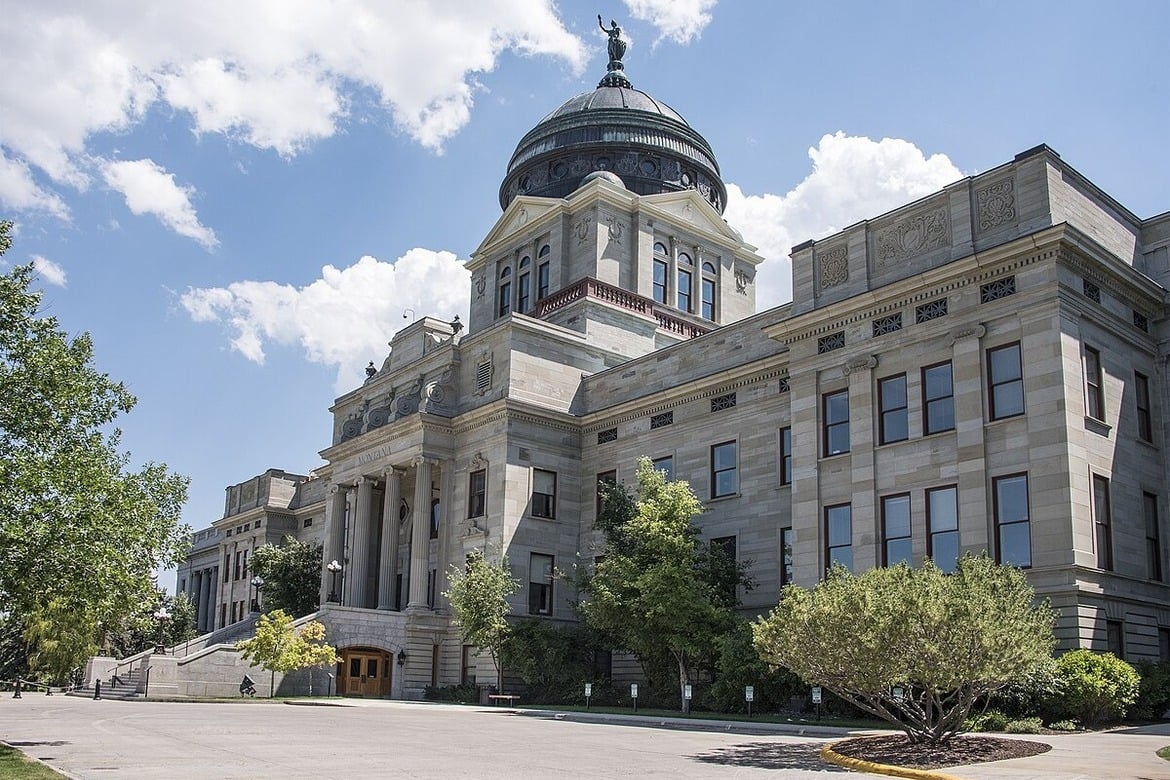Many states want to restrict artificial intelligence (AI), but others are taking a very different tack—arguing that the greater threat to consumers is not unregulated technology but government overreach.
Lawmakers in Montana, New Hampshire, and Idaho are advancing “right to compute” laws to protect individuals and businesses from limits on their ability to use computational tools and AI systems. These laws limit government actions—whether from the state, a city, or a county—to control how people access or use computing power. These measures preserve innovation and digital freedom, much like how free speech or a free press protects civic life, by setting a high bar for government intervention.
Expansive AI regulations would raise compliance costs, slow technological progress, shrink economic opportunities, and widen the divide between those with access to advanced AI tools and those without. While these laws do not negate the need for a federal moratorium on state AI laws, other state legislators interested in limiting AI regulations should look to these states as a useful model.
| State | Legislation | Scope |
| Montana | SB 212 | Establishes the right to compute |
| New Hampshire | CACR 6 | Establishes the right to compute |
| Idaho | SB 1067 | Prohibits targeted AI regulation |
Montana
On April 16, 2025, Montana Governor Greg Gianforte signed SB 212, known as the Montana Right to Compute Act (MRTCA), into law, establishing a legal framework that sharply limits government interference in the ownership and use of computational technology.
Introduced in January by Republican Senator Daniel Zolnikov, the bill passed both chambers and was sent to the governor on April 8. The MRTCA requires that any government regulation restricting ownership or use of computing resources be “demonstrably necessary and narrowly tailored to fulfill a compelling government interest,” such as public health or safety. The law protects only activities permitted under existing state and federal laws—illegal activities remain prohibited, and intellectual property rights remain unchanged.
Notably, the MRTCA applies broadly—not just to AI, but to all computational resources, including hardware, software, algorithms, and data centers. By extending Montana’s constitutional rights to free expression and property to computational resources, it places the use of modern tools on the same legal footing as more traditional forms of expression and property.
The MRTCA includes additional provisions unrelated to the right to compute: AI-controlled critical infrastructure must implement risk-management policies and maintain mechanisms that allow human operators to take control in the event of emergencies.
New Hampshire
On January 9, 2025, Republican Representative Keith Ammon, along with Republican cosponsors Representatives Bob Lynn and Lex Berezhny, introduced CACR 6, a proposed state constitutional amendment enshrining a broad “right to compute.” Unlike Montana’s statute, the amendment uses sweeping language, granting individuals unrestricted access to computational tools without specifying any exceptions or limitations.
If approved by the legislature, voters would decide on the measure in the November 2026 general election. As with other state constitutional rights, enforcement would rest with the state’s courts.
Idaho
On February 7, 2025, the Idaho Senate Commerce and Human Resources Committee introduced SB 1067, an AI-focused bill preventing state or local governments from enacting or enforcing laws that disrupt the development, training, or use of AI. This includes restrictions on AI research and development, commercial deployment, and consumer applications. The bill explicitly recognizes computation as a form of personal expression protected by free speech. It also classifies AI as a “general-purpose technology,” alongside other foundational technologies, and asserts that it should not face special or discriminatory regulation.
The bill was referred to the Senate State Affairs Committee on February 10, with no further action to date.
Conclusion
These three states offer a useful blueprint to legislators who want to curtail unnecessary restrictions on AI. While Idaho’s bill focuses on preventing regulatory overreach specific to AI, Montana’s law and New Hampshire’s proposal go further by establishing a broader “right to compute.” All three measures set a high bar for government intervention, requiring a compelling state interest and the least restrictive means, making it more difficult for state and local governments to impose unnecessary regulations on AI and other computing technologies.
By advancing Right to Compute laws, these states offer a pro-innovation model for AI governance that stands in sharp contrast to the restrictive measures other states are pursuing. Their approach echoes the principles outlined in the Information Technology and Innovation Foundation’s (ITIF) “Global Declaration on Free and Open AI,” not only protecting the freedom to innovate and preventing unjustified restrictions on the development and deployment of AI technologies, but also ensuring that society can fully benefit from transformative technologies. In short, these bills aim to prevent premature restrictions on innovation—regulations imposed without valid evidence of harm and foreseeable risks.
Image Credit: Gillfoto/Wikimedia Commons

